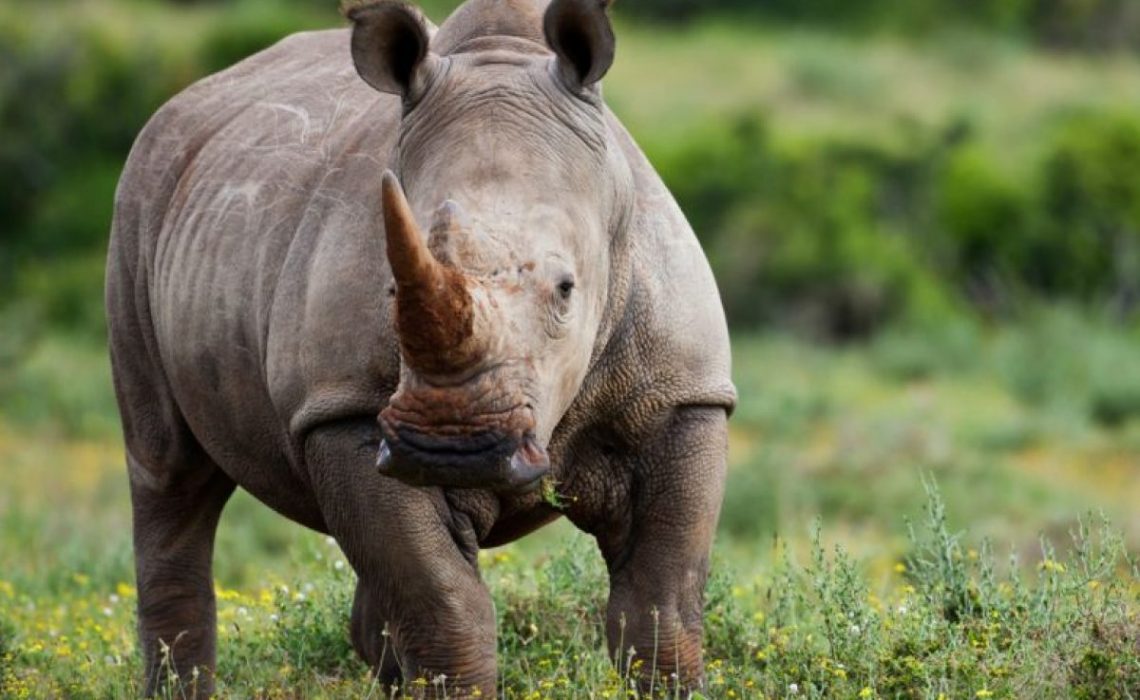
You might also like:
The export of rhino horn could soon become a reality under the SA government’s new draft amendments outlining regulations for the domestic trade in rhino horn. Members of the public were invited to comment on the regulation by March 10.
Under the draft regulations a person will be allowed to sell or otherwise trade in, give, donate, buy, receive, accept as a gift, or in any way dispose of or acquire a rhinoceros horn, provided a permit has been issued in terms of Chapter 7 of the Biodiversity Act. The export permit must be endorsed by an environmental management inspector, or by an official from any other border law enforcement agency, mandated to perform this function.
According to CITES rules concerning international trade in Appendix I items for personal purposes, horns from such animals in the wild cannot be internationally traded if the use is primarily for commercial purposes. With the exception of hunting trophies of Southern White rhino, all rhino horn from the rhinos concerned in the draft regulations are treated as specimens of species included in Appendix I. A limited amount of non-commercial trade had taken place for a number of years, CITES said in a statement.
In response to the question of how CITES Parties will know if the measures adopted by South Africa are having a harmful effect on the conservation of rhinos, CITES said the CITES Conference of the Parties was tasked with reviewing a report by the African and Asian Rhino Specialist Groups of the International Union for Conservation of Nature’s (IUCN) Species Survival Commission and TRAFFIC. The report includes the conservation status of rhinos, trade in rhinos, illegal killing of rhinos, stocks of rhinos, enforcement issues and evaluating conservation actions. The report also notes measures implemented by implicated states to end the illegal use and consumption of rhinoceros parts and derivatives.
When asked how South Africa as a CITES signatory could support the trade of an endangered species, spokesperson for the Department of Environmental Affairs directed Tourism Update to a speech by Minister of Environmental Affairs, Dr Edna Molewa. An excerpt of the speech states: “CITES COP 17 entrenched the role of CITES as the mechanism for regulating trade not an anti-trade movement.”
Albi Modise, Spokesperson for the Department of Environmental Affairs, further told Tourism Update that the very purpose of CITES was to ensure the trade in endangered animals was conducted in a “regulated fashion”.
Molewa said the department was satisfied that parties had agreed to measures and actions to be implemented within the mandate of the Convention to ensure legal international trade remained sustainable and illegal trade was eradicated.
According to the Draft Regulations for the Domestic Trade in Rhinoceros Horn, or a part, product or derivative of Rhinoceros Horn, exporting rhino horn will be limited to a single port of entry. “A person may not export rhinoceros horn via any port of entry or exit other than OR Tambo International Airport.” Also included in the amendment is that rhino horn may not be exported as hand baggage.
The draft amendment also states that rhino horn may not be exported unless the export permit has been endorsed by an environmental management inspector, or by an official from any other border law enforcement agency mandated to perform this function.
Sоurсе: tourismupdate.co.za
